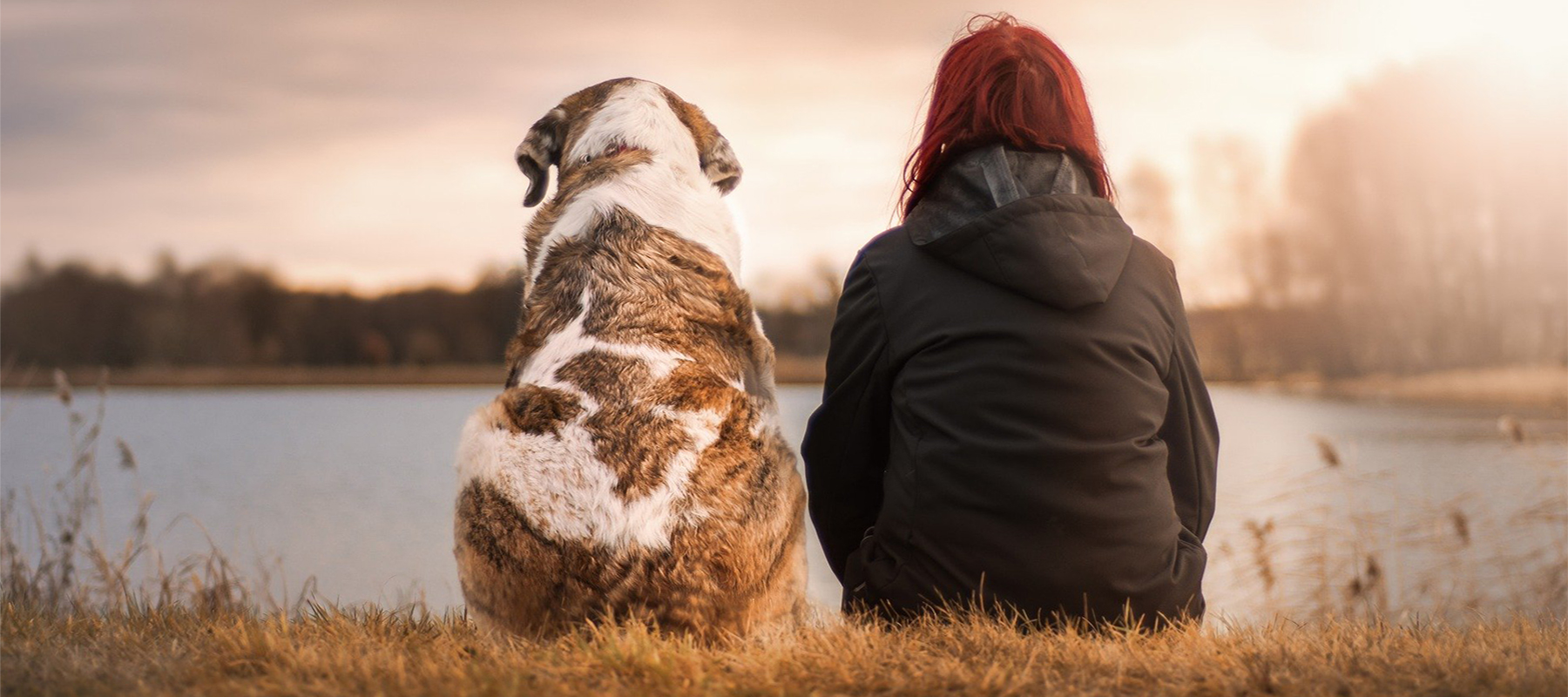
The University's Animal Welfare Research Group is an interdisciplinary group of academics undertaking research, teaching, advocacy and public engagement in the broad field of animal welfare, including behaviour, ethics, law and society. The recently established group grew out of the University's Centre for Animal Welfare - the news below pertains to the former Centre rather than the current Research Group.
March 2023 news
The Crate Escape: the campaign to ban farrowing crates
On Wednesday 15 March, CAW’s Dr Steven McCulloch attended a parliamentary reception hosted by Mark Francois MP to mark the campaign The Crate Escape. Aimed at raising awareness of the plight of sows being kept in farrowing crates, The Crate Escape is a joint initiative by the Conservative Animal Welfare Foundation (of which Dr McCulloch is the Head of Research), our partners Compassion in World Farming, the Humane Society International/UK, and individual MPs and celebrity animal welfare campaigners such as Joanna Lumley and Peter Egan. The campaigners are urging the Government to deliver on its promise to review the use of farrowing crates and work towards banning them, including supporting farmers to transition away from them.
.jpg)
“You don’t need to be a veterinary surgeon or an expert in animal welfare to see that crates cause immense suffering”, said Dr McCulloch in his speech at the reception. “Pigs are highly sentient, intelligent and social animals. As a lecturer I occasionally give school talks on animal welfare. Always, without guidance, the school children correctly explain how crates cannot meet the welfare needs of pigs. And representative public polls tell us that British citizens and consumers strongly oppose confining sows in crates.”
Dr McCulloch has previously argued in Veterinary Record that the UK must ban farrowing crates and that the veterinary profession should provide its full support. To find out more, see below under October 2022 news.
Image above by the Conservative Animal Welfare Foundation.
Nov. 2022 news
CAW experts highlight the plight of wild fish and farmed chickens
CAW MSc graduate John Garratt, together with CAW Senior Lecturer Dr Steven McCulloch, have published the article ‘Wild Fish Welfare in UK Commercial Sea Fisheries: Qualitative Analysis of Stakeholder Views’ in the journal Animals. Based on John’s MSc dissertation supervised by Dr McCulloch, the article investigates welfare harms to wild sea fish in UK capture fisheries. The paper reports findings from interviews with 18 stakeholders in UK fishing industry, as well as providing an overview of the policy context and fish sentience. Key stressors are explored through different stages of the capture process along with potential mitigations. For example, 1.5-2.7 billion wild fish are caught by UK sea fishing fleets annually; stunning is rare and gutting alive is common practice. The article finds there is a substantial welfare gap between societally acceptable ways to treat sentient animals and the reality of capture fisheries.
Read Garratt & McCulloch 2022 online
Also in Animals, CAW lecturer Jenny Mace and CAW Director Prof. Andrew Knight have published ‘The impacts of colony cages on the welfare of chickens farmed for meat’. Over 70 billion chickens are slaughtered globally each year. Almost all are meat breeds, typically housed in very large barns with a litter floor. Recently however, modern cage systems have been developed which provide very limited space and stack several tiers high. There is debate about the impacts of such modern cage systems on chicken welfare. Accordingly, the authors systematically reviewed studies assessing the welfare of meat chickens kept in either modern cage systems or littered barns. Overall, 23 studies were reviewed, and none of the experimental studies reviewed incorporated a full behavioural analysis. Therefore, significant concerns exist about the deprivation of natural behaviours in meat chickens kept in modern cage systems. Given the numbers of meat chickens globally that could be impacted by these modern cage systems, this is a major animal welfare concern, which this study exposes.
Read Mace & Knight 2022 online
Oct. 2022 news
CAW expert calls for ban on farrowing crates in the UK
Dr Steven McCulloch, Senior Lecturer in Human-Animal Studies in the Centre for Animal Welfare and Head of Research for the Conservative Animal Welfare Foundation, has argued in Veterinary Record that the UK must ban farrowing crates and that the veterinary profession should provide its full support.
"Crates are the most severe form of confinement of farmed animals in the UK and EU", explains Dr McCulloch. "Yet in the UK, 60% of the national pig herd farrows indoors in crates". Farrowing crates are metal cages barely bigger than the sows. Sows are able to stand up and lie down, but unable to turn around. Sows, which are sentient and intelligent beings, are kept in these crates for five weeks with their litter, meaning they are crated for 22% of their adult breeding lives. Dr McCulloch argues that farrowing crates cause significant suffering and that they violate all five welfare needs in Section 9 of the Animal Welfare Act 2006.
Read the full article in Veterinary Record
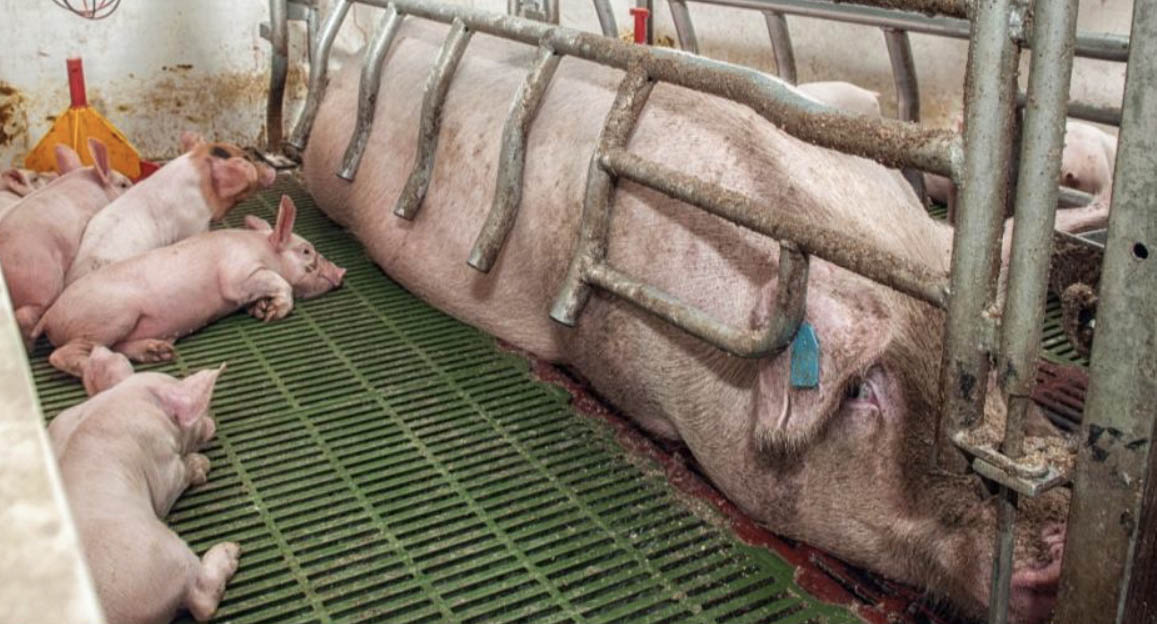
A sow and her piglets in a farrowing crate. Image purchased from Steven McCulloch from Pixabay
Sept. 2022 news
CAW research featured in New Scientist
Prof. Andrew Knight's groundbreaking research into vegan pet food is highlighted in a major new article in the journal New Scientist. The 5-page article 'Vegan pet food: can cats and dogs be happy and healthy without meat?' extensively covers research by Prof. Knight and colleagues, as well as exploring ingredients such as yeast and in vitro meat.
Read the full article on Prof. Knight's website
Out now: CAW Annual Report 2021-22
From a gold award-winning hedgehog-friendly campus to award-winning student essays and much more, read all about it in the latest CAW annual activity report.
August 2022 news
CAW launches key new animal welfare textbook
A new textbook edited by University of Winchester Centre for Animal Welfare Professors Andrew Knight and Paula Sparks was launched on Thursday 25 August in London, attended by some of the nation's leading animal advocates.
Combining the expertise of 50 authors, many of whom are world leaders in their fields, the Routledge Handbook of Animal Welfare comprehensively covers virtually all contemporary animal welfare issues, as well as key related topics such as animal ethics, law and human behavioural change. The inclusion of recent topics such as the impacts of climate change on animal welfare, and the links between animal exploitation, antimicrobial resistance and pandemics, ensure this text is among the most current in its field.
Find out more about the Routledge Handbook of Animal Welfare
.jpg) TV vet Marc Abraham, book editors Paula Sparks and Andrew Knight, Clive Phillips, actor and animal welfare activist Peter Egan and Kratu, a rescue dog who became famous after appearing at Crufts and is now an assistance dog to his autistic owner.
TV vet Marc Abraham, book editors Paula Sparks and Andrew Knight, Clive Phillips, actor and animal welfare activist Peter Egan and Kratu, a rescue dog who became famous after appearing at Crufts and is now an assistance dog to his autistic owner.
Report commissioned by the Conservative Animal Welfare Foundation
Dr Steven McCulloch, Senior Lecturer in Human Animal Studies at the Centre for Animal Welfare, has published a report 'Banning Farrowing Crates in the UK: Transitioning to Free Farrowing to Meet the Welfare Needs of Pigs'.
The report, commissioned by the Conservative Animal Welfare Foundation, finds that farrowing crates cannot meet the welfare needs of breeding sows.Furthermore, free farrowing systems, including outdoor farrowing in the UK and indoor farrowing systems in Sweden and Switzerland, have comparable and in some cases lower piglet mortality levels compared to farrowing crates. In the UK, 60% of breeding sows spend around 80 days each year, or 22% of their breeding lives, confined in farrowing crates. Crates are the most severe form of confinement used in farming in the UK and EU and cause severe physical and behavioural restrictions to sows.
The report recommends that farrowing crates are banned as soon as Parliamentary time permits, and within the 2022/23 session.
June 2022 news
Student essay success
The 2022 CAW/CIWF Essay Competition was won by MSc student Charlotte Smith, for her essay ‘Why octopus farming should not be permitted on a commercial scale and the urgent need for change in current farming systems’.
Octopi are highly intelligent, sentient animals whose welfare needs are often overlooked. This is particularly concerning in light of recent moves to farm these animals commercially for the growing consumer market.
"Charlotte’s excellent review of the welfare concerns that octopus farming would create provides a compelling case for better legislative protection of these remarkable animals", commented CAW Director Prof. Andrew Knight.
Read Charlotte's winning essay on the CIWF website
Find out more about the issues around octopus farming
May 2022 news
Student publication success
Two MSc students have successfully published their essays in the latest edition of the University’s student journal Alfred. Kate Affleck's essay is titled ‘The science of slaughter: is the stunning of pigs in UK slaughterhouses currently humane?, while Eleanor Goodchild carried out ‘An Evaluation of Altruism in Chimpanzees’.
"Among around 10,000 students, only 15 essays were selected for publication", commented Prof. Andrew Knight, CAW Director. "Hence, these are some of the very best produced at Winchester. We are extremely proud of these successes, but not surprised – our MSc students have repeatedly achieved this in past years, clearly demonstrating that we have some of the University’s best students in our programme."
The successful essays are available in the latest issue of Alfred. Kate’s essay can also be found, along with more of her work, at onanimals.co.uk, which also provides a good example of how a website can be used to showcase and disseminate written work.
April 2022 news
Let them eat kale: vegan dog food best option, new study shows
Nutritionally sound vegan diets are the healthiest and safest choices for owners to feed their pet dogs, according to the authors of a major new study led by the Centre for Animal Welfare. The findings have attracted worldwide attention - within the first two weeks of publication the study had been reported in around 350 news stories in multiple languages globally.
March 2022 news
Winchester awarded Hedgehog-friendly campus Gold status
The University of Winchester has been recognised for its hedgehog-friendly campus with a prestigious Gold award from the British Hedgehog Preservation Society (BHPS). The award is the result of years of University-wide teamwork and dedication to a much-loved yet endangered species.
Read the full press release about our Gold status hedgehog-friendly campus.
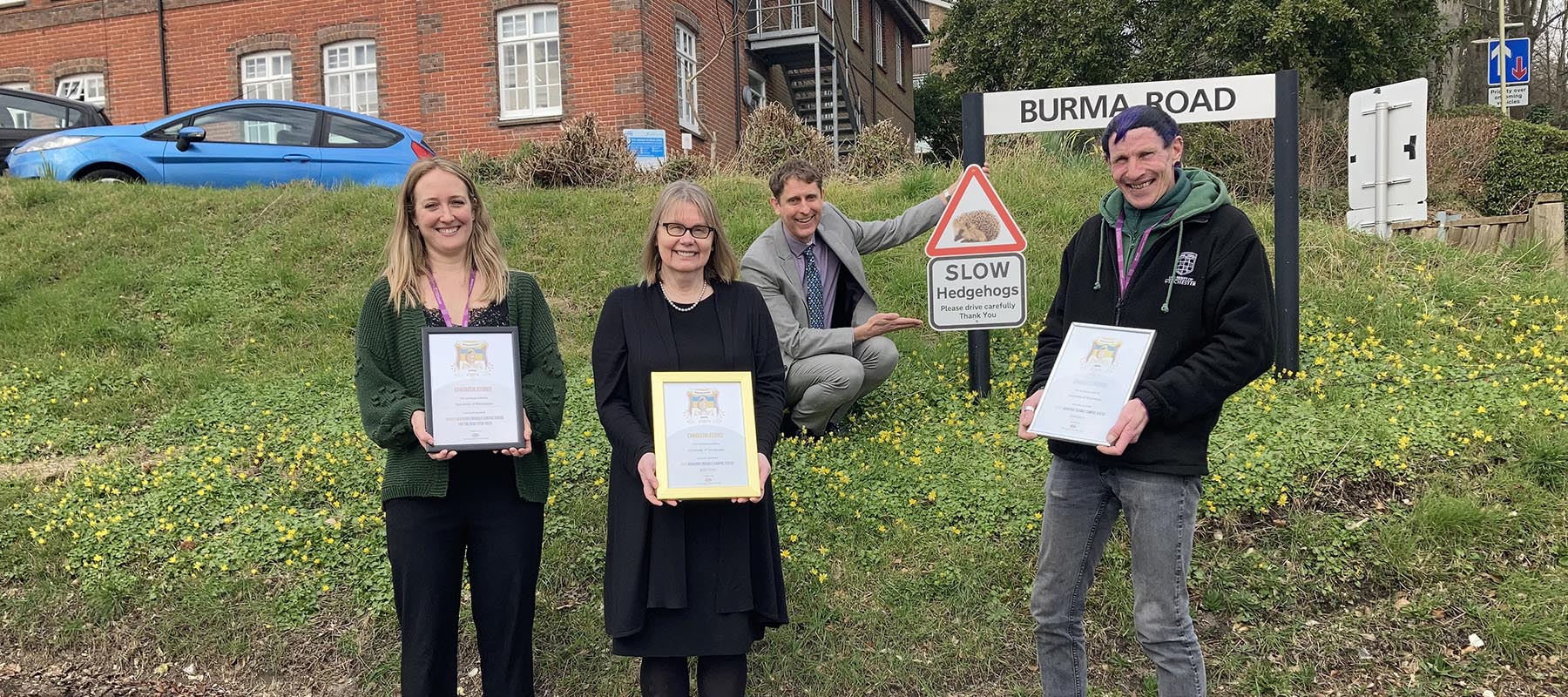
Laura Dale (Environment and Sustainability Manager), Prof. Sarah Greer (Vice-Chancellor), Prof. Andrew Knight (CAW Director) and Nigel Pook (Campus Grounds Management) with the HFC Bronze, Silver and Gold awards
CAW student and graduate publish in leading animal welfare journals
CAW PhD student Nicky Shaw and her supervisor Dr Lisa Riley have just published part of Nicky's PhD work in a leading animal behaviour journal, while Carly Halliday, a 2018 graduate of our MSc, has just published a revised version of her dissertation in a leading animal welfare journal, with her supervisor Dr Steven McCulloch.
CAW and IFAW announce 2021 essay competition winner
Congratulations to CAW student Charlotte Smith, who has won the latest annual CAW/IFAW Essay Competition with her essay The Ethics and Environmental Consequences of Gamebird Keeping and Shooting in the UK.
Read the essay by CAW-IFAW Essay Competition 2021 winner Charlotte Smith
Read more on the IFAW website.
CAW students explore the political representation of animals at Houses of Parliament
Animal Welfare students recently attended a reception hosted by Humane Society International UK at the Houses of Parliament. Dr Steven McCulloch, Senior Lecturer in Human-Animal Studies, describes their experiences.
In the final year of our BA (Hons) Animal Welfare and Society, we explore the Political Representation of Animals. This year's cohort were lucky enough to be invited to a Parliamentary reception hosted by Humane Society International (HSI) UK to celebrate and discuss Parliamentary progress in animal welfare. There was a particular focus on the Sentience Bill, hunting trophy ban, and HSI's Fur Free Britain campaign.
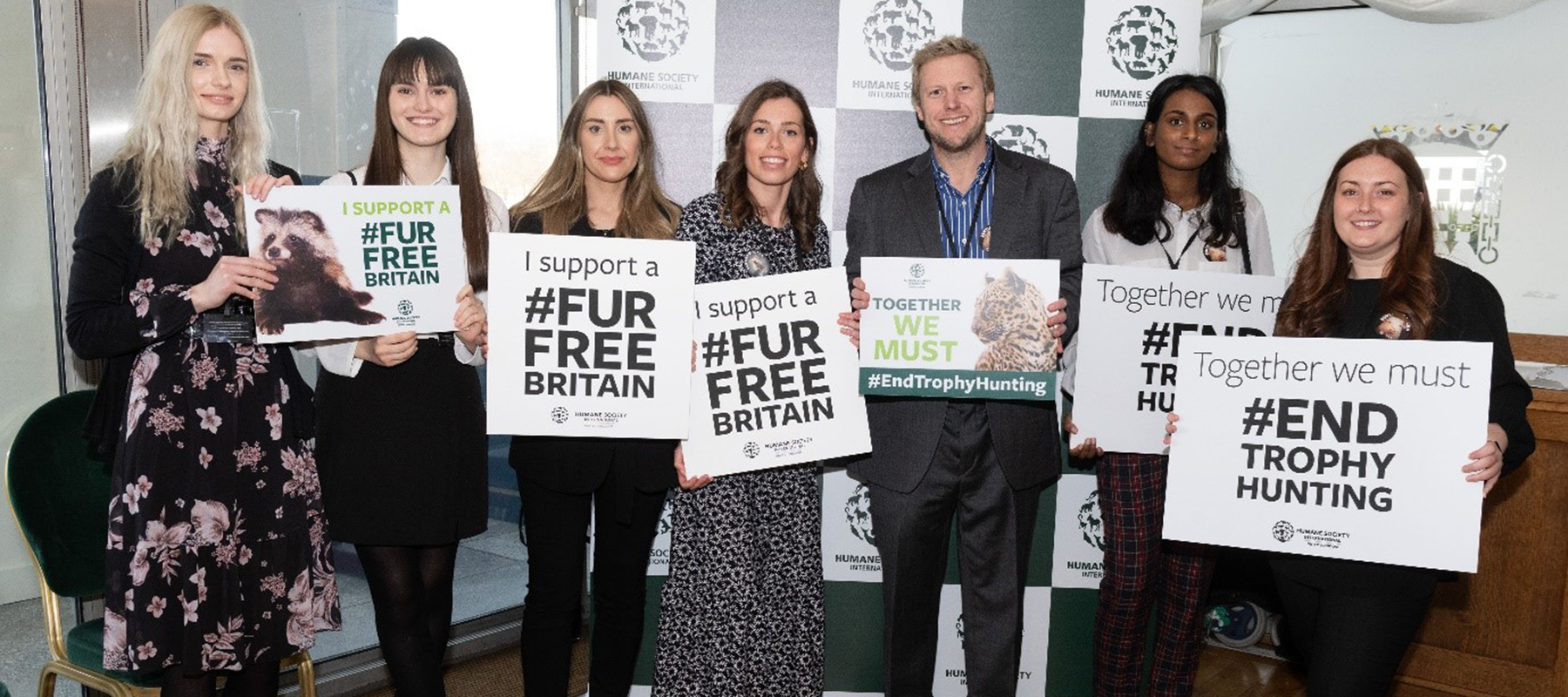
Now available for catchup: Representing Other Animals in Politics webinar
On 9 February, we welcomed Jane Smith from the Animal Welfare Party, who discussed her experiences of speaking for other animals in local and national government with Prof. Andrew Knight. Find out more about the event here and watch the video below.
Explore our YouTube channel for this and many other fascinating videos!
February 2022 news
A cow's life: the true cost of milk
The BBC's most recent Panorama programme explored the true cost of milk. Is the welfare of dairy cows being compromised to keep the cost of our daily milk low? The presenter speaks to both farmers and vets, among whom CAW Director Prof. Andrew Knight. "The story very effectively raised awareness of the suffering of millions of dairy cows each year", said Prof. Knight. "I hope it may lead to real change."
The programme, titled A cow's life: the true cost of milk, is available on BBC iPlayer.
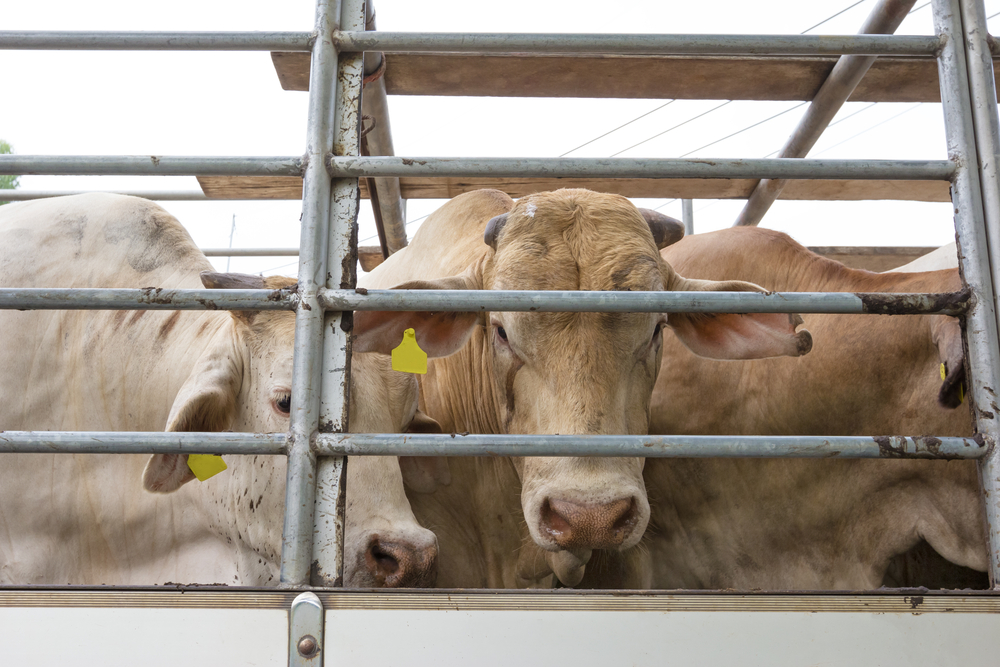
January 2022 news
Should cats and dogs go vegan?
Prof. Andrew Knight was one of this year's speakers as part of Cambridge University's Darwin College 2022 Lecture Series. This year's series focussed on food and Prof. Knight discussed vegan pet food. All Darwin Lectures are live-streamed and then available for catch-up via the Darwin College website.
Dec 2021 news
Hedgehog-Friendly Campus 2021 update
The University of Winchester works hard to make its campus a haven for wildlife, in particular the critically endangered hedgehog (Erinaceus europaeus). Former CAW student and hedgehog champion Carol Cook provides an update on our hedgehog team's activities this year.
In January 2021, Winchester was in the first cohort of universities to be awarded Silver accreditation by the national Hedgehog-Friendly Campus campaign funded by The British Hedgehog Society. The University’s hedgehog team is made up of a growing number of staff and students from across the University, including Campus Management, Energy and Environment, and Public Engagement. This year the team has continued to roll out hedgehog-friendly initiatives across campus. These include a successful collaboration with the NHS, which extended hedgehog-friendly initiatives beyond the campus and across NHS hospital sites in Winchester and Basingstoke.
In May, further hedgehog surveys were carried out together with our NHS neighbours, The Royal Hampshire County Hospital, with the results from the pawprint tunnels confirming hedgehog activity across our joint grounds.
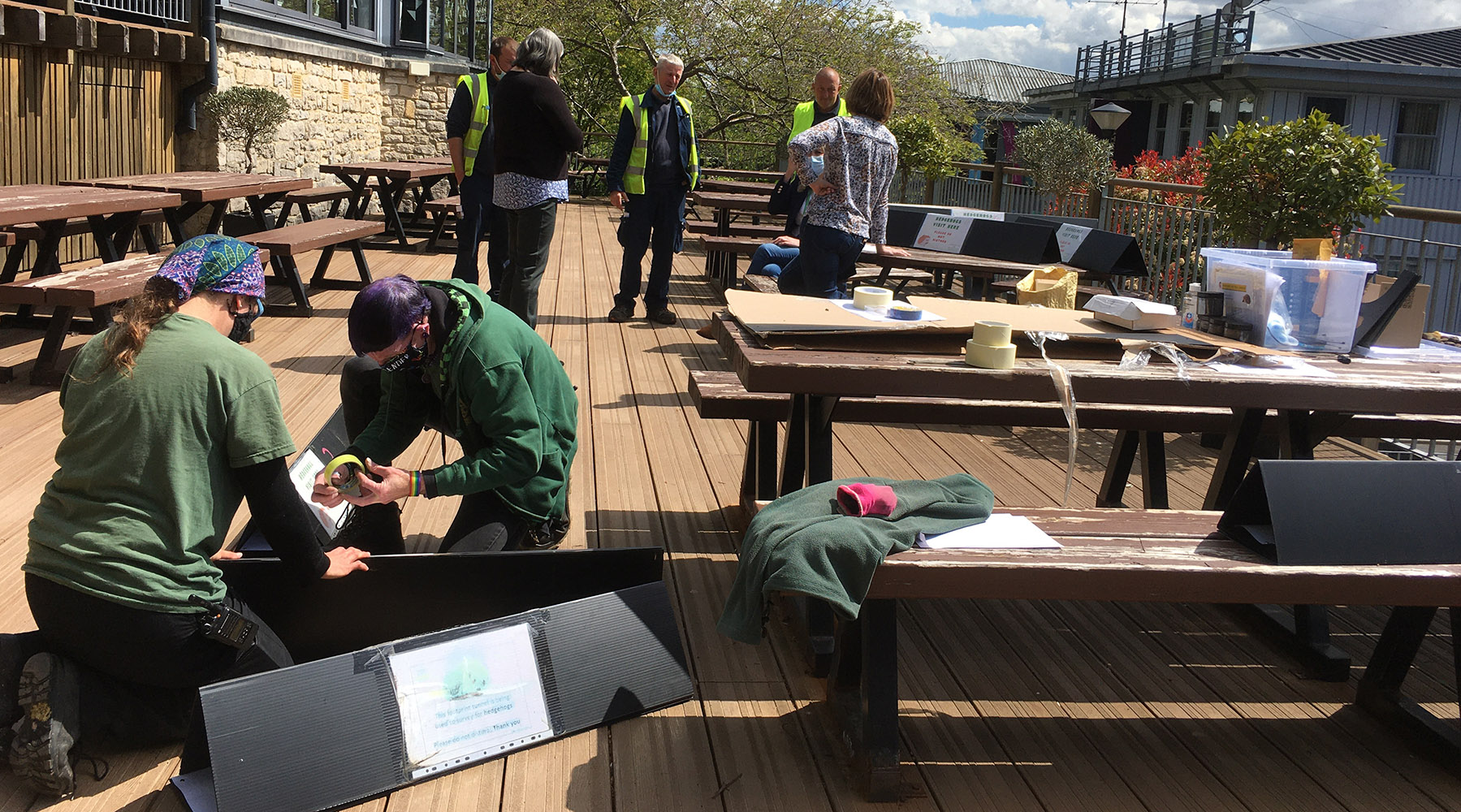
In December, the hedgehog team rescued a distressed hedgehog found wandering around during the day on campus. The hedgehog was transported to Hart Wildlife Centre, where he was successfully rehabilitated. He was then returned to campus, where he was released in a wildlife-friendly area with student-built hedgehog houses and fed daily by the dedicated team to help him settle back in.
The team carried out a festive litterpick across and beyond the campus, removing among other things discarded PPE, and 'Slow for Hedgehog' signs have been erected at various hedgehog hotspots. The team has just submitted an application for Gold accreditation.
CAW Director Prof Andrew Knight said: "I'm immensely proud of the efforts made by our students and staff to protect hedgehogs on and around our campus. Their efforts not only help protect our hedgehogs, but can help other wild animals too."
Find out more about our Green Campus initiatives
The truth about your supermarket chicken
With over a billion chickens eaten each year in the UK, what does cheap supermarket chicken mean for animal welfare, and what does the rise of mega-farming mean for our countryside? Centre for Animal Welfare Director Prof. Andrew Knight speaks out on Channel4's Dispatches: "With the rise of the mega-farm, these sorts of problems are only to increase".
Watch Dispatches: The truth about your chicken
Nov. 2021 news
CAW bids farewell to the man who "alleviated more animal pain than anyone in history”
Visiting Professor Bernard Rollin has passed away following a long illness on 19 Nov. 2021. With his passing, the animal advocacy world has lost one of its champions. Few have made such a contribution to making the world a better place for animals. Rollin was University Distinguished Professor, Professor of Animal Sciences, and University Bioethicist at Colorado State University, where he taught vet students for many years. He co-wrote the 1982 US federal laws giving protection to animals used in research. As a consequence, he was described as the person “who alleviated more animal pain than anyone in history.”
He published more than 20 books, some of which were translated into several languages, hundreds of scholarly articles, and lectured more than 1500 times internationally, to audiences ranging from “surgeons to schoolchildren, researchers to ranchers, zealots to zookeepers.”
Centre for Animal Welfare Director Prof. Andrew Knight said: "His intellectually provocative, thought-provoking and sometimes humorous conference presentations and discussions were both unforgettable and inspiring. Prof. Rollin was a valued colleague and member of our Centre for Animal Welfare. He will be sorely missed."
New CAW blogs
Don't drop that facemask, recycle it!
CAW PhD student Becky Hammerton shares a personal story which highlights how important it is for us all to dispose of our single-use face coverings carefully in order to protect the environment, wildlife and our much loved animal companions.
Biodiversity in the wake of COP26
Dr Lisa Riley, Lecturer in Animal Welfare and Programme Leader for the BSc (Hons) Animal Science and Conservation, explains how she came to specialise in biodiversity loss and primatology.
Sept. 2021 news
MSc AWSEL to change name from Sept. 2022
From the 2022 September intake, CAW is updating the programme name MSc Animal Welfare Science, Ethics and Law (MSc AWSEL) slightly to MSc Animal Welfare, Behaviour, Ethics and Law (MSc AWBEL), in order to more accurately reflect the current programme content. This applies similarly to the associated PG Diploma and PG Certificate.
CAW welcomes new Visiting Professor
We are delighted to announce that Luke Gamble, Founder and CEO of the charities Worldwide Veterinary Service (WVS) and Mission Rabies, has been appointed as Visiting Professor in the Centre for Animal Welfare.
In March this year, Luke delivered a fascinating talk for us about his important work. Missed it? Catch up via the Centre for Animal Welfare YouTube channel.
Find out more about Prof. Luke Gamble
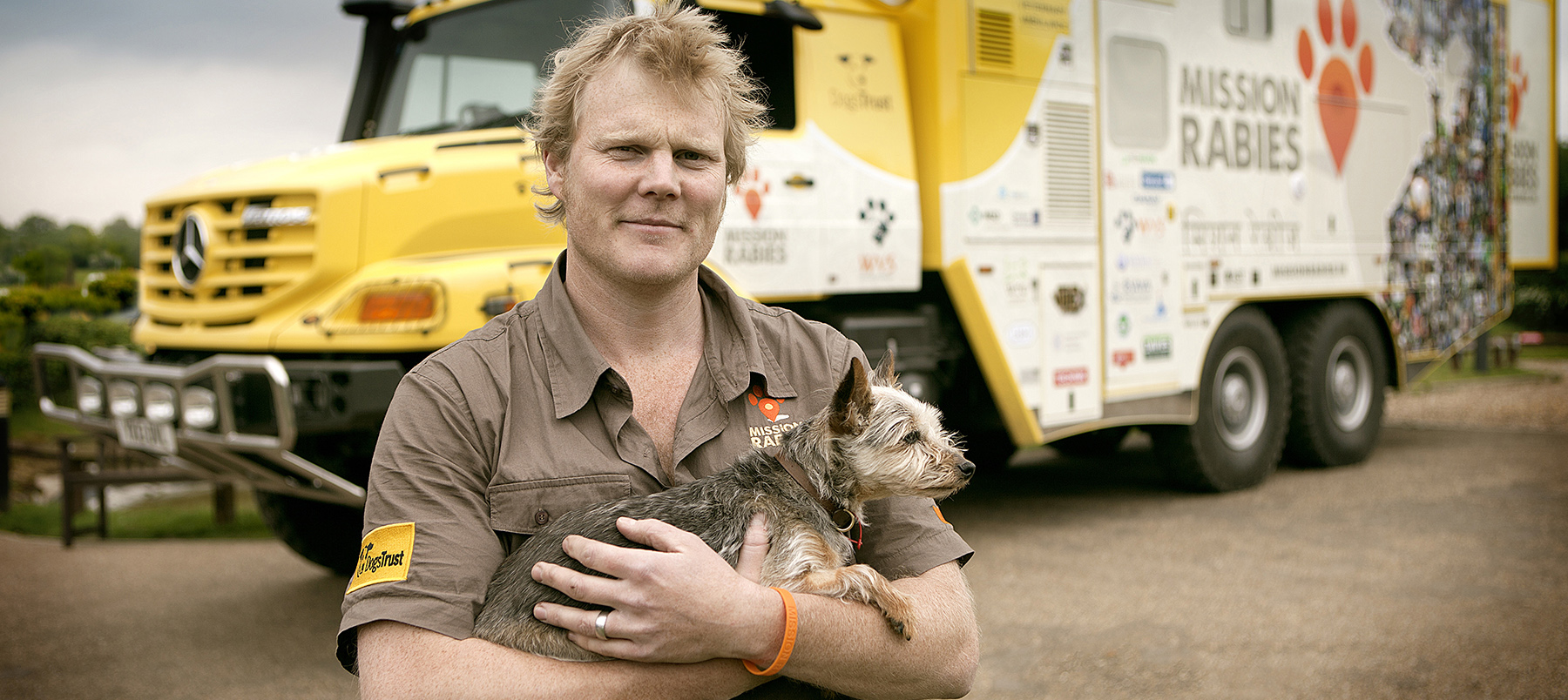
August 2021 news
The Animal Sentience Bill is necessary if the UK is to be a true world leader in animal welfare
In an article for The Conversation, CAW's Dr Steven McCulloch explains why in his view the Animal Welfare (Sentience) Bill is crucial if the UK is to be a global leader in animal welfare. Currently awaiting report stage in the House of Lords, the Bill would ensure the government considers how all its policies – not just those dealing directly with animals – affect the welfare of sentient animals.
Read Dr McCulloch's The Conversation article
June 2021 news
Congratulations to recent MSc AWSEL graduate Rachel Smith. whose dissertation project on Freedom of Information Legislation and Animal Research has been accepted for presentation at the annual conference of the Australian and New Zealand Council for the Care of Animals in Research and Teaching (ANZCCART), an independent body established to provide a focus for consideration of the scientific, ethical and social issues associated with the use of animals in research and teaching.
"This year, their theme is openness in animal research and teaching. This aligns closely with my dissertation, titled Freedom of Information Legislation and Animal Research: Perspectives from Anti-Vivisection Organisations in Australia, the United Kingdom and the United States", says Rachel, who has just become CEO of Humane Research Australia. "It was my intention that the dissertation would be a resource for organisations campaigning for an end to animal experimentation."
"The ANZCCART audience will primarily be animal researchers and it is with some hesitation that I will be presenting. However, it is important that all parties show a genuine commitment to openness in order to enable public scrutiny and informed debate on animal experimentation, and I look forward to sharing my findings to a broader audience."
Find out more about Rachel and Humane Research Australia
Find out more about the ANZCCART Conference, July 2021
May 2021 news
New CAW programme focusses on Conservation Biology and Environmental Sustainability
CAW is delighted to announce an exciting new course. Currently subject to validation and due to start in Sept. 2021, the brings together Animal Welfare Science, Conservation Biology and Environmental Sustainability. It includes such modules as Principles of Ecology (Yr 1), Conservation Biology: Diversity Loss (Yr 2) and Wildlife Crime and Trade (Yr 3). "We want to insprire our students to question the animal production systems they see around them", says Programme Leader Dr Lisa Riley. "And to connect the suffering of animals in production with the biodiversity loss happening globally."
CAW condemns extreme cruelty exposed on Scottish pig farm
"Some of the most disturbing footage I have ever seen." That is how CAW Director Prof. Andrew Knight described undercover footage from a pig farm in Aberdeenshire, in an interview with The Times. It showed a worker killing pigs with hammer blows, which in one case took more than four minutes, and a sow made to walk to her slaughter while suffering from a severe uterine prolapse.
"The pig farm has been removed from the Quality Meat Scotland accreditation scheme, which is funded by taxpayers", said Prof. Knight. "Tesco and Lidl have both removed the farm from their supply chain. A criminal investigation is underway."
The organisation Animal Equality is calling for greater law enforcement and improved protections.
Read the full Times article Welfare Chief quits after pigs killed with hammer
Read the Times Editorial leader Cruel Country - The Times views on animal welfare failings
Frankenchicken anyone? CAW student essay examines the issues around broiler chickens
Once again, a CAW student essay has been published in the University’s journal Alfred. This year's essay was submitted by Sara Pettit. Titled ‘Frankenchickens?’ The physical, ethical and environmental limit of genetic selection in intensively reared broiler chicken', it analyses the problems of fast growth in broiler chickens and the environmental sustainability implications of this industry.
Read Sara's essay in Alfred, 10th Edition, 2021, Vol. 1.
Winning CAW student essay explores the true cost of cheap beef
Huge congratulations to CAW student Bethany Powell, the latest winner in the annual CAW/CIWF student essay competition. Bethany's winning essay focusses on the true costs of beef production and the implications it has for animal welfare, as well as the detrimental impacts on the planet and our health.
Find out more on the CIWF website and read the winning essay.
Earlier this year, Bethany also won the CAW/IFAW student essay competition - see below for details.
March 2021 news
CAW welcomes distinguished guest speakers for virtual events
On 10 March, Peter Stevenson, Chief Policy Advisor of Compassion in World Farming, asked: could the inhumane conditions in factory farming trigger the next pandemic?
On 25 March, we welcomed Luke Gamble, founder of the charities Mission Rabies and Worldwide Veterinary Services. Luke described the amazing work of his organisations, as they help make the world a better place for animals.
Both events were recorded and are now available for catch-up via the Centre for Animal Welfare YouTube channel.
Winchester awarded silver Hedgehog-Friendly Campus status
The University of Winchester is fully committed to the British Hedgehog Preservation Society's Hedgehog-Friendly Campus initiative. In 2020 we secured Bronze status and we are delighted to announce we have just achieved Silver!
"This was a student-led campaign, enthusiastically supported by staff from our gardeners all the way up to our Vice-Chancellor", said CAW Director Prof Andrew Knight. "We're delighted to be among the leading group of British universities making our campuses safe and welcoming for hedgehogs and other much-loved British wildlife."
Read more about the 2021 Hedgehog-Friendly Campus awards.
February 2021 news
Winning essay puts spotlight on threat posed by ocean plastics
Congratulations to CAW student Bethany Powell, the latest winner in the annual CAW/IFAW student essay competition. Bethany's winning essay draws attention to the threat posed by plastic pollution in the oceans. "Ocean plastics adversely impact hundreds of species and millions of individuals each year", she writes. "Humans created and exacerbated this problem; therefore, it is our responsibility to solve it."
Read The impact of anthropogenic plastic pollution on marine life, the
January 2021 news
Out now: the Centre for Animal Welfare Activity Report for 2020
Covid-19 obviously had a major impact on all of us in 2020. Nevertheless, our staff and students still managed to produce some excellent work, and also helped to significantly advance the welfare of some of our campus animals. We hope you enjoy reading about our work over the last year.
Read the Centre for Animal Welfare 2020 Activity Report
No justification for harmful use of animals in education and training, say animal welfare experts
Prof. Andrew Knight, Director of the Centre for Animal Welfare, has carried out a systematic review of 50 studies comparing student learning outcomes when animals are harmed or humane alternatives are used in life and health sciences education. The results, published in the journal Animals and co-authored with Miriam Zemanova from the Centre for Compassionate Conservation, University of Technology in Sydney, Australia, clearly show that 90% of the time, students do as well or better when humane alternatives are used. "There is no valid educational reason for continued harmful animal use in education and training", said Prof. Knight. "All such use should be replaced with humane teaching methods."
